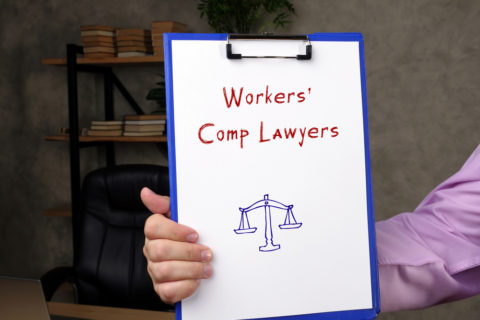A Look at the Issue of Premises Liability in Personal Injury Cases
A Look at the Issue of Premises Liability in Personal Injury Cases
A personal injury lawyer can handle many different types of cases, including those that pertain to premises liability. Premises liability cases arise from hazardous conditions that lead to accidents which occur on another party’s real property. In other words, if you are a tenant in a building with missing floorboards, you may have the basis for a personal injury claim if you sustain injuries because of those missing floorboards. Certain elements must be present in order to file a claim. You can consult a personal injury attorney in San Jose to find out about your legal rights and options in the aftermath of an accident.
Negligent Actions
Premises liability is based on the element of negligence. To establish negligence, a personal injury lawyer must demonstrate that the defendant owed a duty of ordinary care and somehow breached that duty. The personal injury attorney must also establish that this breach in the duty of care directly caused the plaintiff’s injuries.
Common Cases
There are many ways a personal injury case may fall under the classification of premises liability. One of the most common examples is a slip and fall or trip and fall case. For instance, a restaurant owner owes a duty of ordinary care to ensure that the floors are properly cleaned so as to prevent diners from slipping and falling. However, the concept of premises liability can apply to any situation in which injuries arose from conditions on real property. For example, it can apply to dog bite cases and construction accidents. It may even apply to a third party’s willful conduct. For example, the property manager of a residential building might be held liable if a tenant sustains injuries during a mugging that occurred because the building lacked appropriate security.
Specific Exceptions
It can be difficult to prove negligence on the part of a property owner, which is why it’s important for accident victims to hire a seasoned personal injury lawyer. The defendant may try to argue that the plaintiff purposely injured him or herself or that the injuries were caused by the plaintiff’s failure to exercise reasonable care. In these cases, the defendant cannot be held liable for the plaintiff’s injuries.




